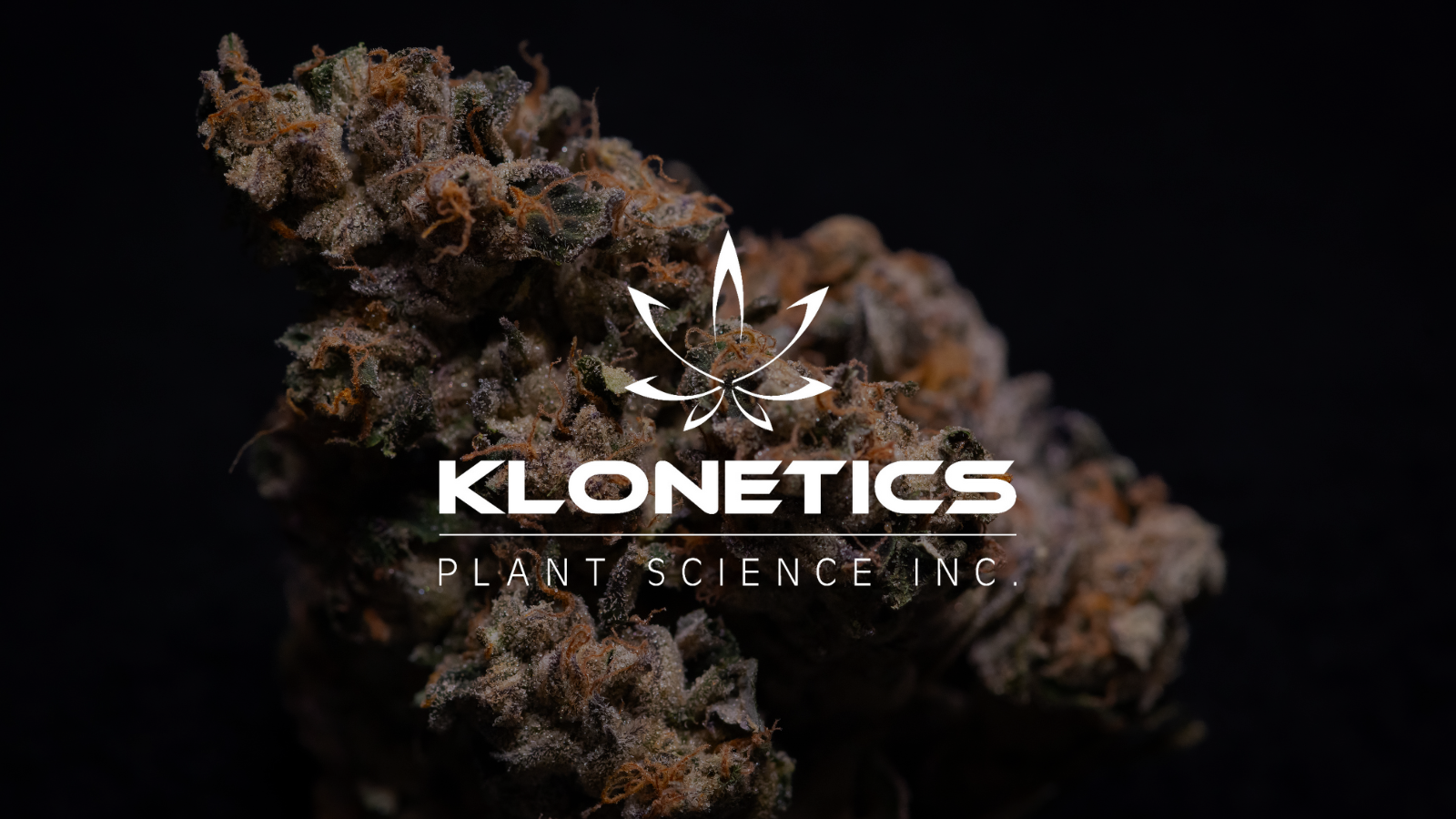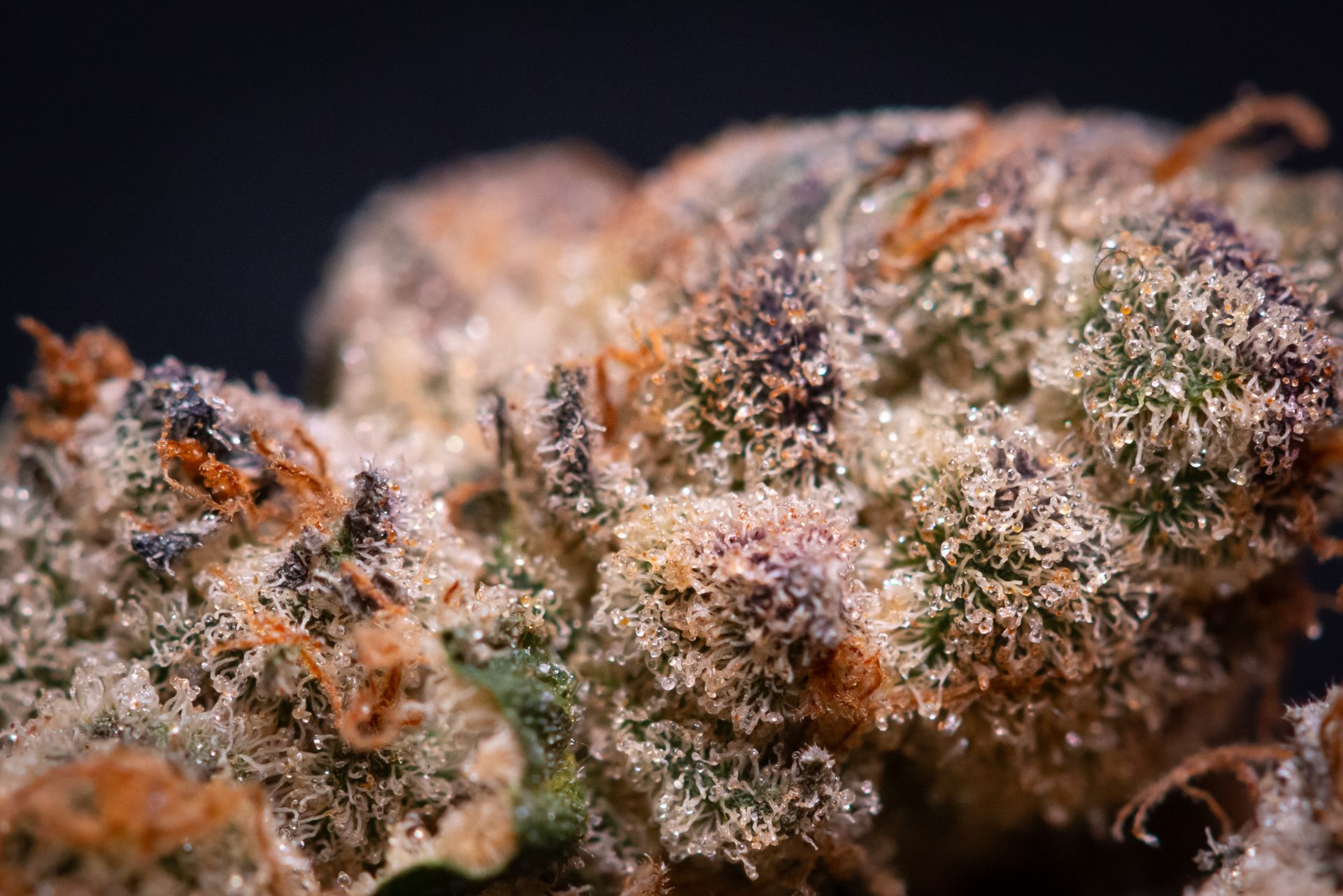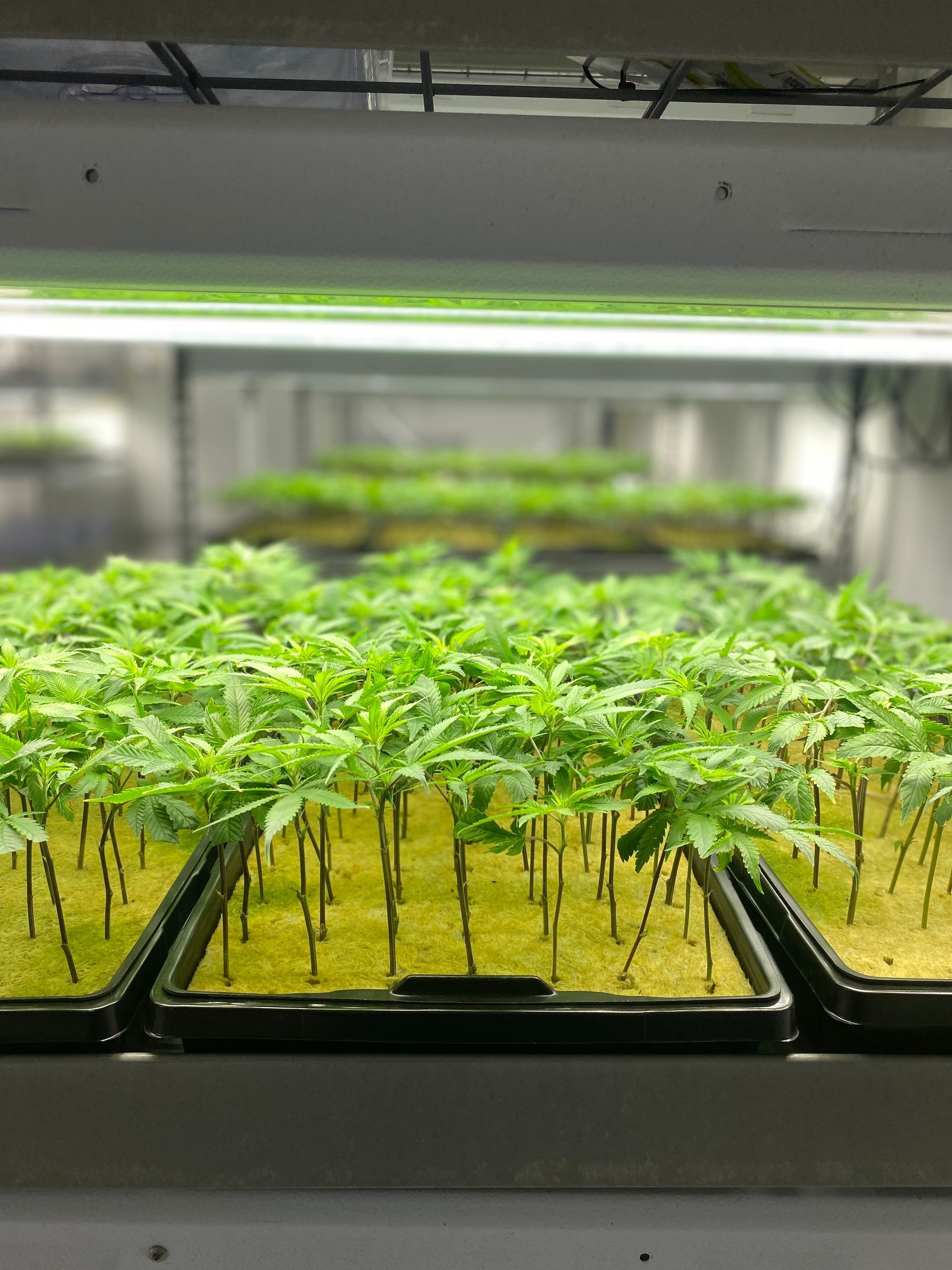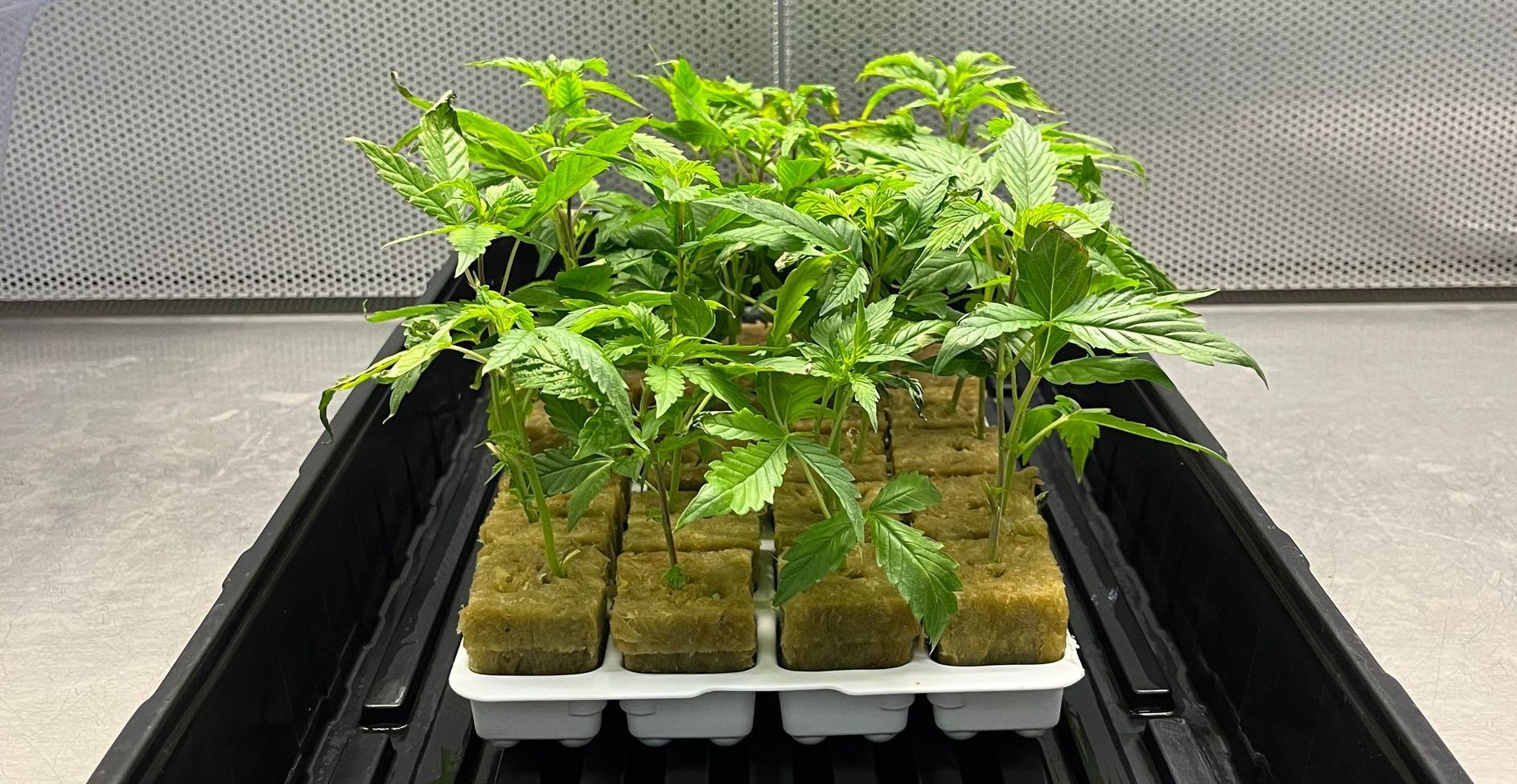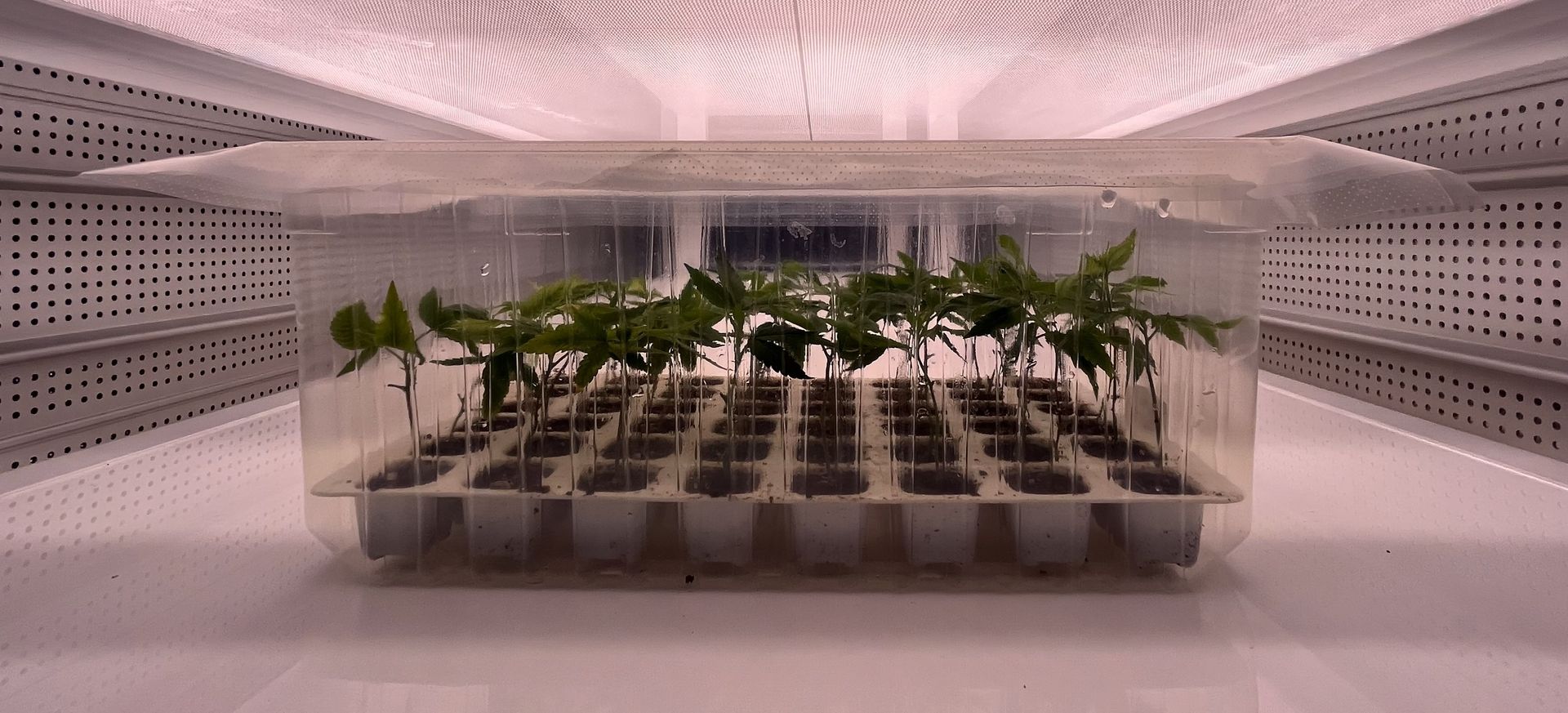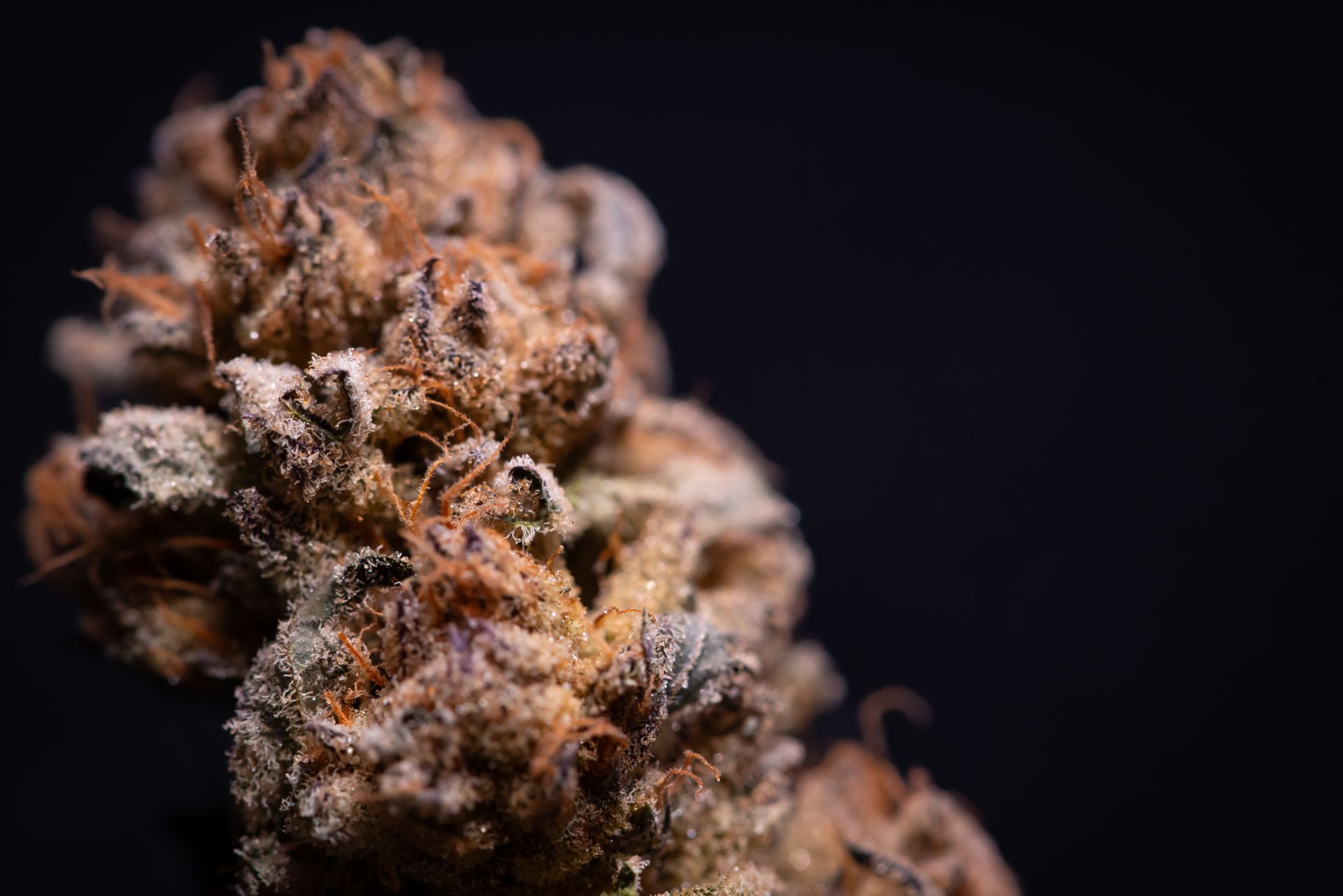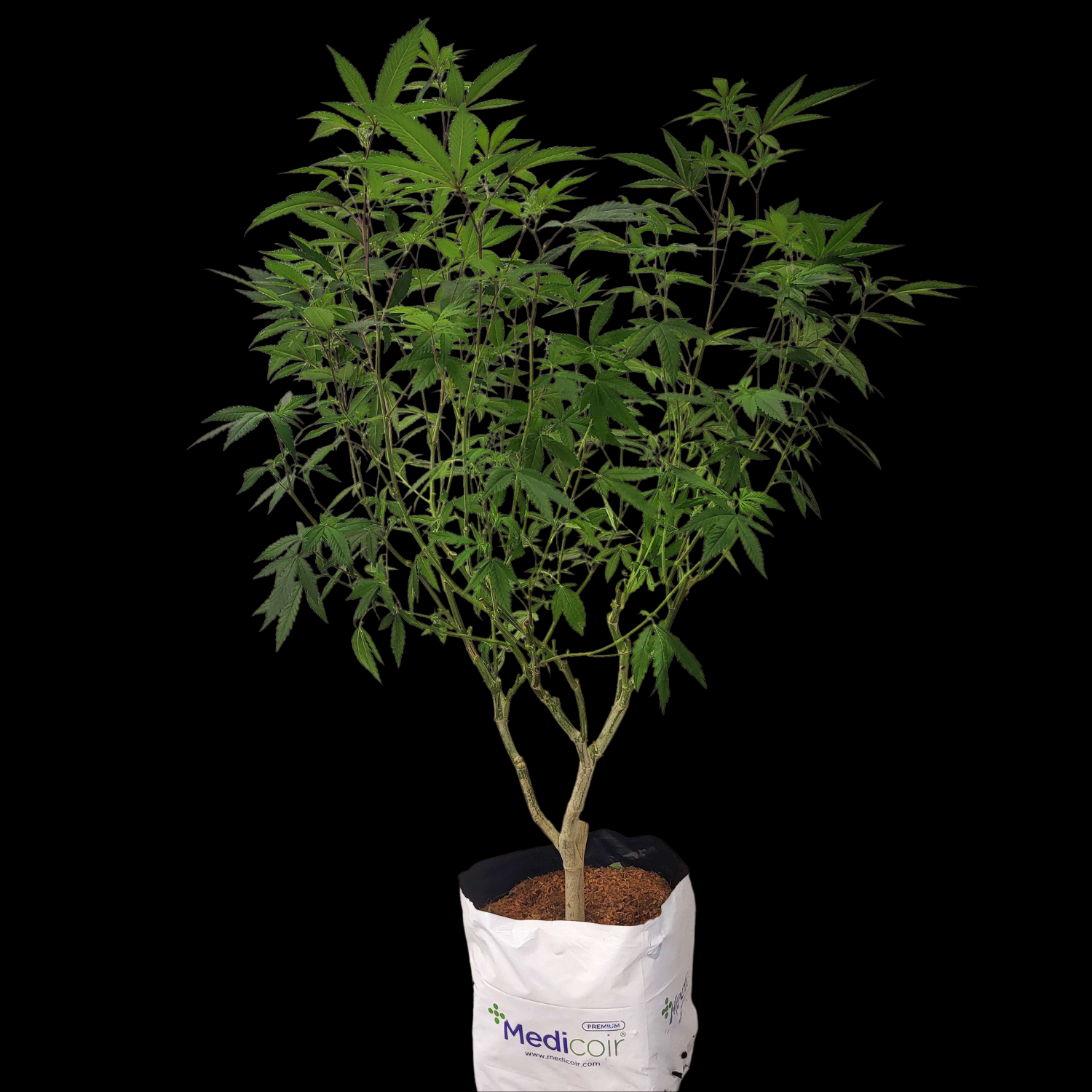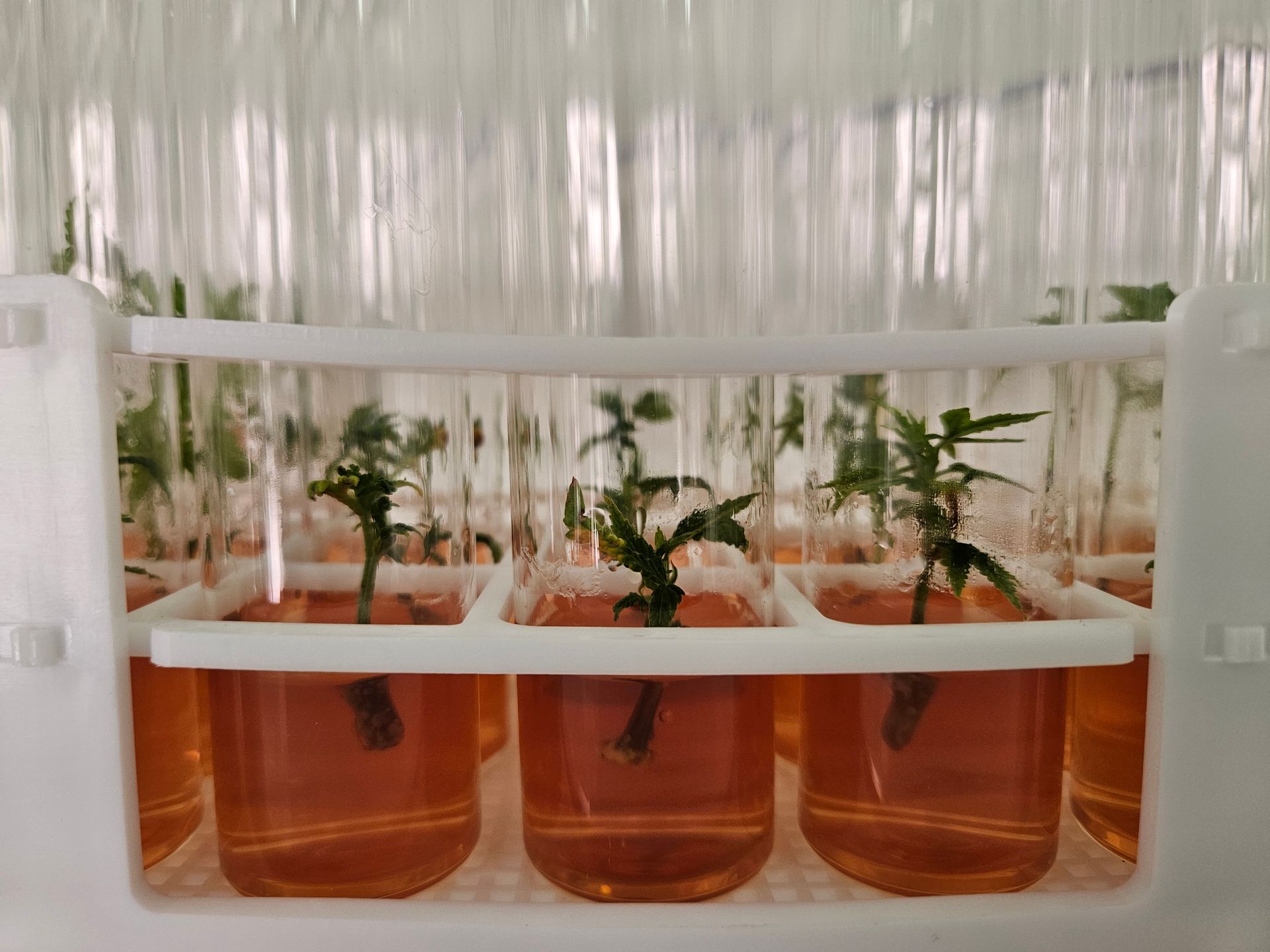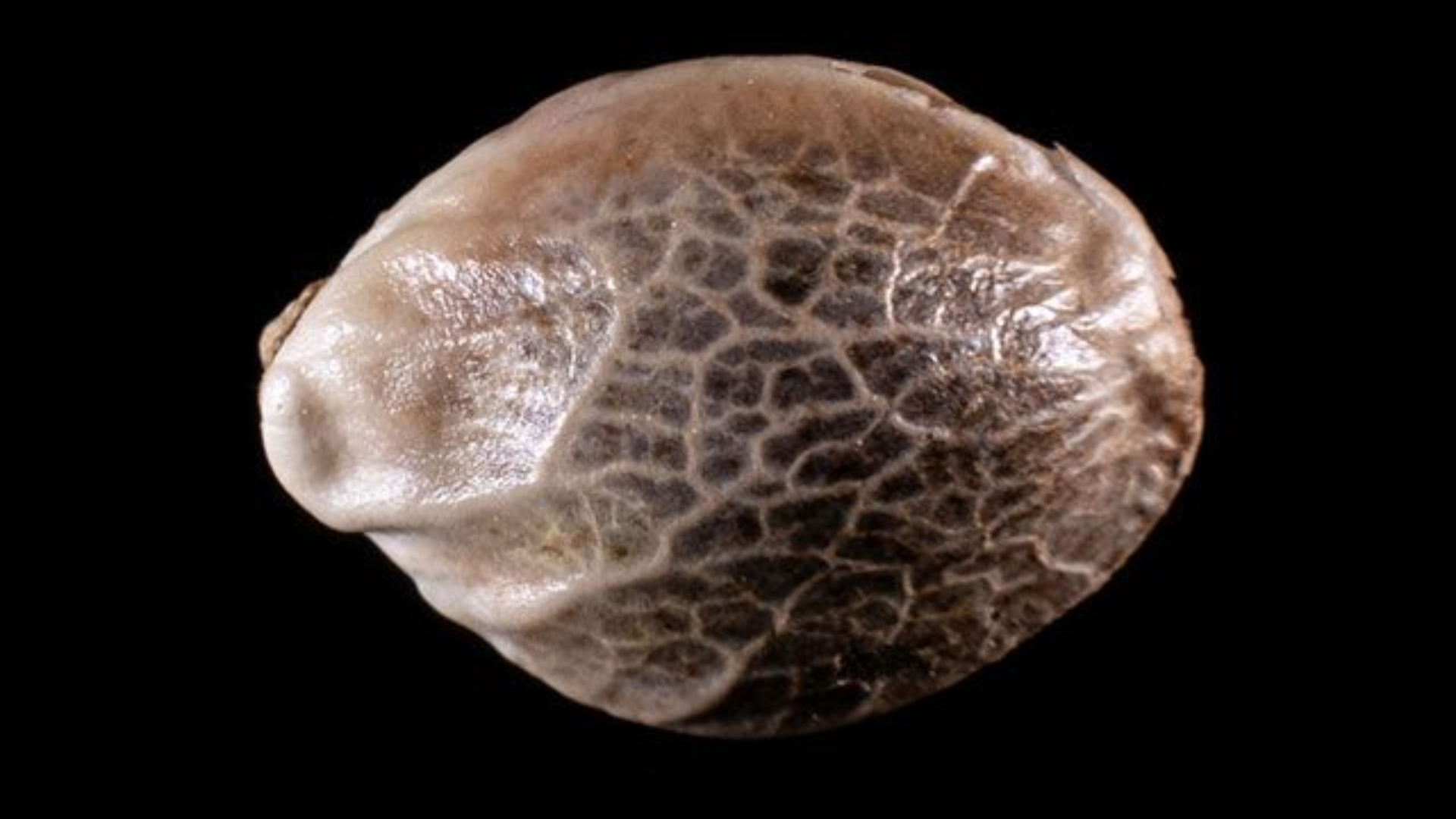Top 10 Breakthroughs in Plant Science That Are Changing the World
How Plant Science is Transforming Agriculture
Plant science is at the forefront of innovation, driving solutions to some of the world’s most pressing challenges, including food security, climate change, and environmental degradation. From cutting-edge technologies like CRISPR to sustainable farming techniques, these breakthroughs in plant science are reshaping agriculture and creating a more sustainable future.
In this article, we explore the top 10 advancements in plant science that are transforming the way we grow, protect, and utilize plants.
1. Tissue Culture: Precision Plant Propagation
Tissue culture has revolutionized how we produce plants. By cloning plants from a single tissue sample, this technique ensures genetic consistency, disease resistance, and scalability. It has applications in agriculture, conservation, and ornamental plant industries, making it one of the most impactful innovations in agriculture.
Learn more about tissue culture solutions at Klonetics.com.
2. CRISPR-Cas9: Genetic Editing for Better Crops
CRISPR technology allows scientists to edit plant DNA with precision, enabling the development of crops with improved yield, drought resistance, and pest resistance. This breakthrough has the potential to address global food security challenges.
External Resource: CRISPR Explainer from Nature
3. Vertical Farming: Maximizing Space and Efficiency
By growing crops in stacked layers within controlled environments, vertical farming reduces land use, conserves water, and minimizes transportation costs. Urban areas benefit significantly from this innovation, which brings fresh produce closer to consumers.
External Resource: Vertical Farming Insights from MIT
4. Regenerative Agriculture: Healing the Soil
Unlike conventional farming, regenerative agriculture focuses on soil health through practices like crop rotation, no-till farming, and cover cropping. These methods restore ecosystems, increase biodiversity, and enhance carbon sequestration.
External Resource: Regenerative Agriculture from Rodale Institute
5. Drought-Resistant Crops: Adapting to Climate Change
Advancements in plant biotechnology have led to the development of crops that can thrive in arid conditions. These innovations reduce water usage and ensure stable food supplies in drought-prone regions.
Internal Resource: Explore how Klonetics contributes to sustainable crop solutions.
6. Biopesticides: Natural Crop Protection
Biopesticides, derived from natural substances like microorganisms and plant extracts, provide an eco-friendly alternative to chemical pesticides. They reduce harm to beneficial insects and minimize environmental pollution.
External Resource: Biopesticide Development from EPA
7. Synthetic Biology: Designing New Plants
Synthetic biology combines biology, engineering, and computer science to design plants with enhanced traits. For example, scientists are creating plants that produce biofuels, pharmaceuticals, and other high-value products.
External Resource: What is Synthetic Biology? – Genetic Literacy Project
8. Remote Sensing and Smart Farming
Advanced sensors and drones allow farmers to monitor crop health, soil moisture, and nutrient levels in real time. These technologies enable precision agriculture, reducing waste and optimizing resources.
External Resource: Precision Agriculture from NASA
9. Photosynthesis Optimization: Boosting Plant Productivity
Scientists are modifying the photosynthesis process to make plants more efficient at converting sunlight into energy. These advancements could lead to significant increases in crop yields.
External Resource: Photosynthesis Research at University of Illinois
10. Plant-Based Vaccines: A New Frontier in Medicine
Plants are being used as biofactories to produce vaccines and therapeutic proteins. This innovation combines agriculture and medicine, offering faster, more cost-effective solutions to global health challenges.
External Resource: Plant-Based Vaccines from WHO
How Plant Science is Transforming Agriculture
These breakthroughs in plant science demonstrate how innovation can solve global challenges while making agriculture more efficient, sustainable, and resilient. By combining technologies like tissue culture, CRISPR, and vertical farming, we are not only improving food production but also addressing environmental and economic concerns.
Explore how Klonetics is at the cutting edge of plant science and sustainable agriculture.
Related Reading:
- The Role of Plant Biotechnology in Modern Agriculture
- How Tissue Culture is Transforming Farming Practices
These advancements are not just shaping the future of farming—they’re changing the world. Whether you're a scientist, farmer, or sustainability advocate, plant science offers a wealth of opportunities to build a better future for everyone.


